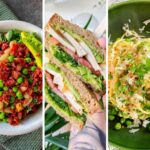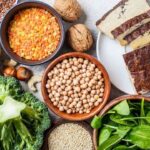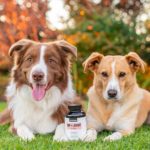Being a vegan who doesn’t eat dairy is no longer just for fad nutritionists or people who can’t have dairy. As more and more people learn about the many health benefits of veganism, it is now seen as the norm. In fact, most restaurants and other places to eat now cater to Vegans who know what they want.
Gone are the days when a “nut roast” was the only non-meat option on a menu that was mostly meat. There are a lot more healthy and tasty options that don’t include meat or dairy these days. You can even get a Latte made with coconut, almond, or cashew milk instead of dairy milk almost anywhere.
What Supplements Should Vegans Take?
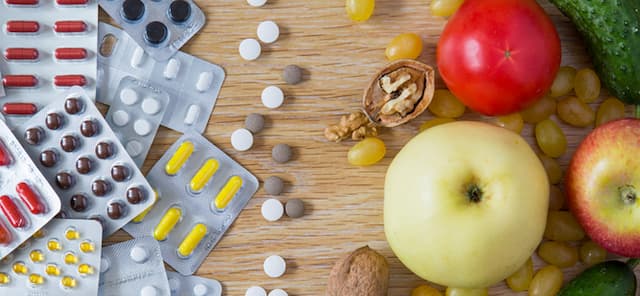
Since the overall goal of veganism is to avoid animal products and by-products, you’d need to be extra careful in picking out potent yet safe vegan supplements. Make sure to check the ingredients and look for certified vegan labels. On the whole, you should keep an eye out for the following ingredients:
Iron
Iron is great for the body, and the body can use it better when it is taken with Vitamin C. Vitamin C makes it easier for the body to absorb iron, which comes from plants instead of animals. Iron is important for many body functions, like making haemoglobin in red blood cells, which transports oxygen from the lungs to the rest of the body. Deficiency can also cause fatigue, depression, and problems with how well your brain works, among other things.
So, you can eat cashew nuts, chia seeds, ground linseed, hemp oil, chia seeds, kale, dried apricots and figs, raisins, quinoa, and fortified breakfast cereal. However, some nutritional experts claim that vegan supplements are the best way to get the right amount and digest it quickly.
Protein
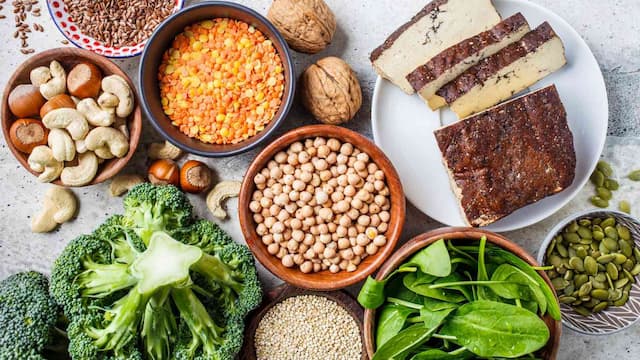
There is a belief that vegans don’t get enough protein. Well, the truth is yes but also no. As plant-based diets become more popular, a lot of new ways to get protein are hitting the market. Soy is being replaced by trendy new ingredients like “chicken” made from jackfruit, “fish” made from banana blossoms, and “eggs” made from mung beans. Plant-based protein powders are an easy way to get more protein.
Some fake sausages, fake cheeses, and bleeding burgers, on the other hand, are made with a lot of chemicals and questionable ingredients. Beans are still the best and cheapest way to get protein if you are a vegan. Plus, they are full of nutrients and have a crazy high fibre content.
One problem: beans can cause significant gastrointestinal discomfort. FODMAPs are nondigestible carbohydrates that can ferment in the gut and cause bloating, gas, stomach pain, diarrhoea, and constipation. Legumes have a lot of FODMAPs. And legumes have substances called “anti-nutrients” that can make it hard for the body to absorb protein, irritate the gut, and stop it from getting important minerals like calcium and zinc.
To get the most out of your beans and lentils, soak them overnight to get rid of some of the compounds that make them hard to digest, and then cook them well. Anti-nutrients can also be lessened by fermenting and sprouting. And if you have trouble with FODMAPs, eat mostly chickpeas, lentils, and peas.
Vitamin B12
B12 is one of the most important micronutrients on the planet because it is used by every single cell in your body to make energy. The frightening truth? If we don’t actively stay on top of our B12 consumption, it just so happens that a deficiency is a genuine threat – and the consequences can be pretty dire.
Studies have shown that up to 92% of vegans may be deficient. This is especially true if you are trying to help the environment by eating only plants. But don’t worry. You don’t have to switch out your chickpeas for chicken just yet. There are still many things you can do to ensure you get enough B12 as a vegan and stay healthy. Start by using nutritional yeast, tempeh, chlorella, nori seaweed, mushrooms, and other items in the vegan supplement category that are now fairly easy to find.
How to Make the Transition Easier?
Know Your Reasons
Going Vegan isn’t just about being considerate of animals and the environment. If you change your diet appropriately and gradually, you will get in shape and lose weight too. Veganism will lower your blood sugar, help you cut down on excess weight and minimise the risk of heart disease.
It’s often more convenient to consult with a dietary professional. It’s amazing how much time and effort you will save by following well-crafted plans by plant-based doctors and nutritionists. Changing your lifestyle is never easy but there are resources that allow you to get all the preliminaries with tried and tested advice. From this point on, it is often rather easy to stay with the diet and reap the rewards.
Prep Your Meals
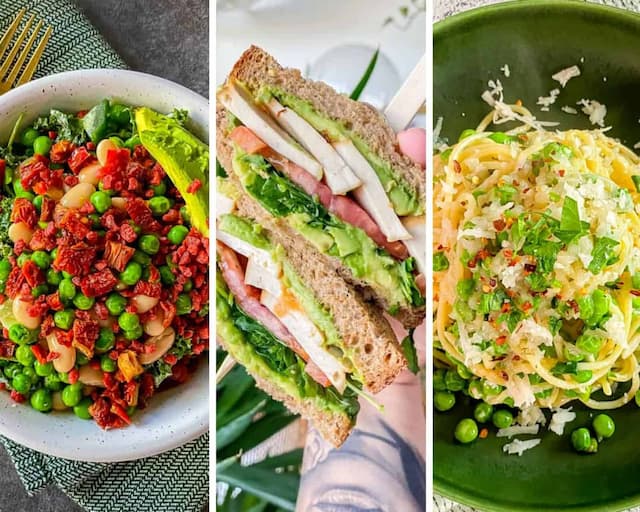
Planning your meals and cooking what you can ahead of time make your days easier. Instead of cooking after a long day, you’ll just need to put together your plant-based plate, which is also one of the best ways to lose weight. It’s best to plan meals on days when you don’t have as much to do. Cook foods that keep well, like legumes, vegetables, and whole grains.
If you want to, you can also make vegan sauces for pasta a day or two ahead of time and freeze them. For example, you can make cashew alfredo or a flavorful vegan Caesar dressing and then freeze them. And don’t worry about making fancy food. You might be surprised at how tasty a bowl full of vegetables, beans, grains, and a delicious sauce made from plants can be.
There are a lot of healthy, natural alternatives to animal products, such as almond, or soy milk which can be used instead of cow’s milk. I don’t recommend coconut milk for drinking because it has more saturated fat. Only use small amounts when cooking.) When baking, flax seed eggs can be used instead of eggs. To make a flax seed egg, mix flax seeds with a little water.
Tofu scramble can be used instead of scrambled eggs. Natural ingredients like seeds and nut butter can be used instead of processed ingredients in salad dressings (tahini, cashews, etc.) Legumes and soy products like organic tofu or tempeh can be used in place of poultry. You don’t have to eat dairy yoghurt. Organic soy or coconut milk yoghurt To make cream sauces for pasta, ricotta, sour cream, etc., nutritional yeast and cashews can be used instead of cheese.

